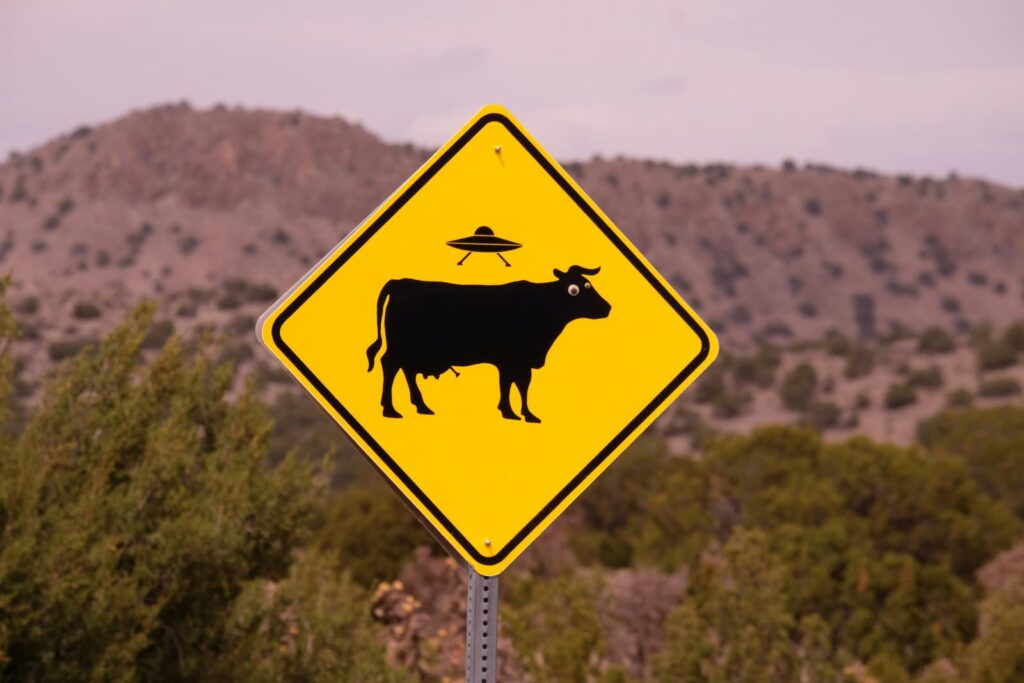
What's Another Way to Say "Weird"?

When things are different than normal, it's important to carefully choose the words you use to describe them. For example, you can say "weird" or "strange," but these words often have a negative nuance.
This article will introduce useful alternatives, including polite ways, funny ways and even slang for "weird."
Make sure you can use each skillfully by practicing in a real conversation — book a lesson with an Engoo tutor to try them out!
Common Synonyms for “Weird”

Unusual
The opposite of "usual" is, of course, "unusual."
She has an unusual singing voice, but I like it.
Peculiar
The nuance of "peculiar" can be positive or negative, depending on the context.
His peculiar behavior confused everyone.
This soup has a peculiar taste. What's in it?
The noun form is "peculiarity," which refers to a strange point or feature.
Her fun peculiarities made her popular at the party.
Odd
I thought Mark was acting a bit odd the last time I saw him.
The noun form, "oddity," refers to strange things.
The museum was full of rare oddities from around the world.
Eccentric

"Eccentric" has a positive nuance and is often used to describe creative or independent thinkers.
The eccentric professor is popular with students because of his unique teaching style.
As a noun, "eccentric" refers to a strange person. The spelling and pronunciation are the same!
The eccentric was known for his wild clothing and even wilder behavior.
Bizarre
"Bizarre" sounds stronger than "unusual" or "odd" and usually implies that the speaker is confused.
The performers were all wearing bizarre costumes.
Abnormal
Just like the opposite of "usual" is "unusual," this word is the opposite of "normal."
These high temperatures are abnormal for this time of year.
Quirky
Think of "quirky" like a mixture of "strange" and "cute" or "fun."
Samantha has always had a quirky sense of fashion; she doesn't like looking like everyone else.
A "quirk" (noun) is a strange habit.
His singing in the shower is just one of his many quirks.
Unconventional
A convention is something that most people agree is normal. "Conventional" is the adjective form, so simply add "un-" to make its opposite.
The jazz musician Thelonious Monk had an unconventional way of playing the piano.
Words and Phrases for Strange Situations and Events

You can use the words in the section above to describe many things — including people in some cases — but the ones below are best for talking about situations.
Out of the ordinary
This simple phrase directly expresses that something isn't normal.
It's out of the ordinary for that fancy store to have sales.
Unsettling
Something that is "unsettling" makes you feel uncomfortable.
The unsettling silence made everyone nervous.
The way she laughed at the joke was a bit unsettling.
Surreal
Something "surreal" is strange in a way that's difficult to believe or understand.
It was surreal for the young actor to see himself on a big movie screen.
The science-fiction novel is set on a surreal alien planet.
Creepy

"Creepy" is a stronger version of "unsettling."
The horror movie was too creepy for me, so I decided to watch something else.
There is also the noun "creeper," which usually refers to a man who behaves strangely or inappropriately with women. This has a strong negative nuance.
After receiving complaints from several women, the security guard kicked the creeper out of the bar.
Fishy
"Fishy" is a more casual way of saying "suspicious."
There was something fishy about the way he acted that night.
Related article: Adjectives That Can Describe Both Taste and Personality
Off
"Off" is an informal way to say that something is strange. It usually has a negative nuance.
There's something off about the way she behaves.
Wrap-up
Synonyms may be tough to remember at first, but they give us a lot of freedom to express our ideas creatively and accurately.
Learn a few of these "weird" alternatives at a time and start adding them into your English conversations. We promise that they'll make your chats much more interesting!



